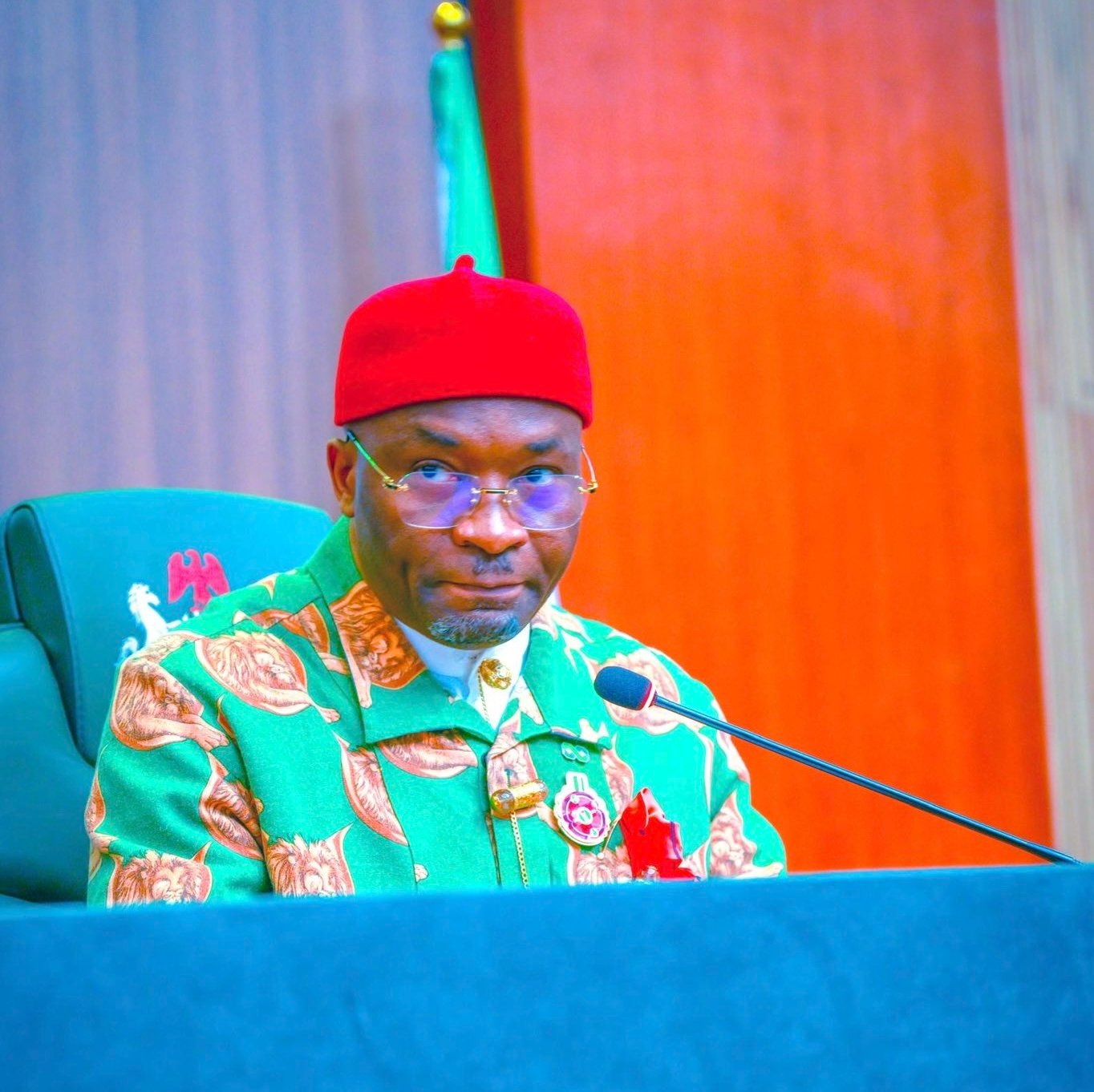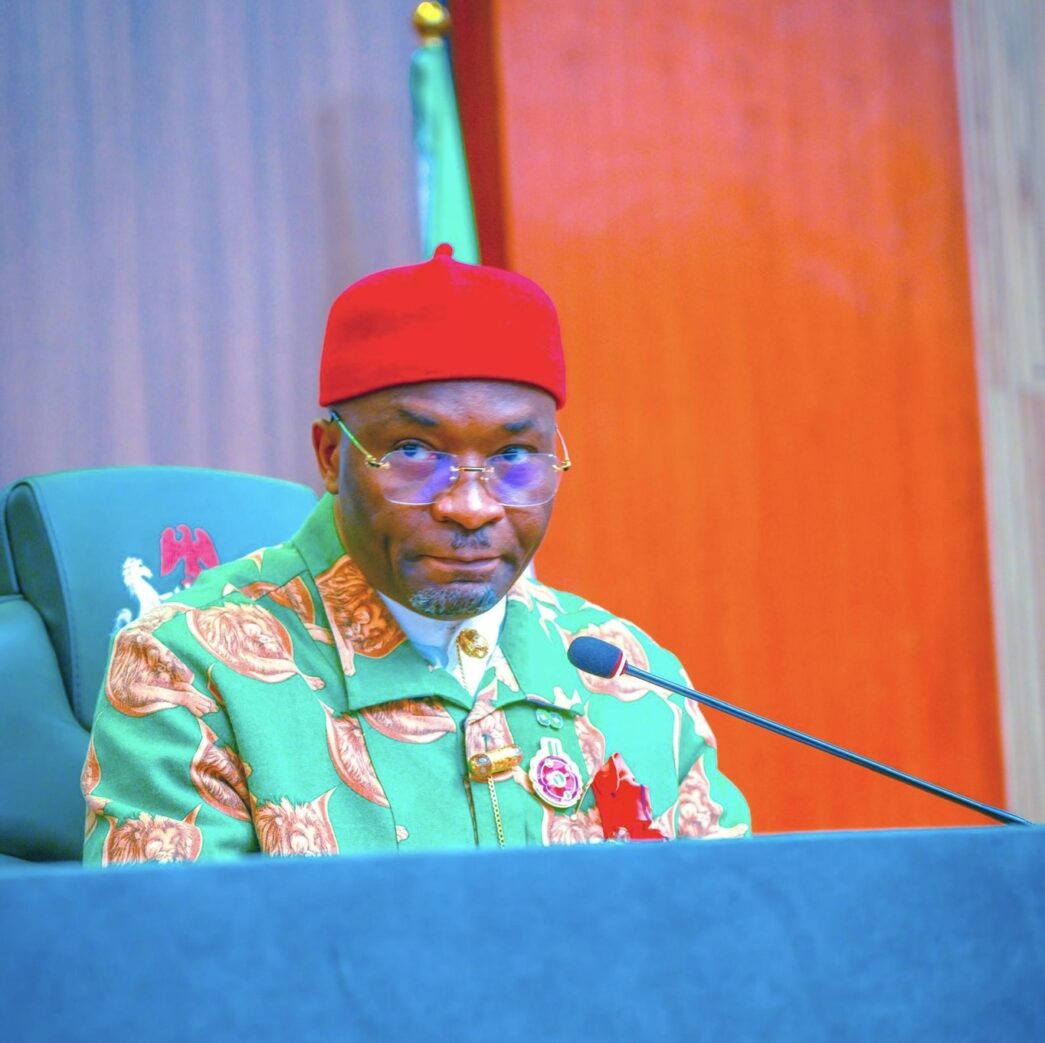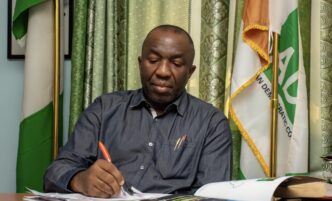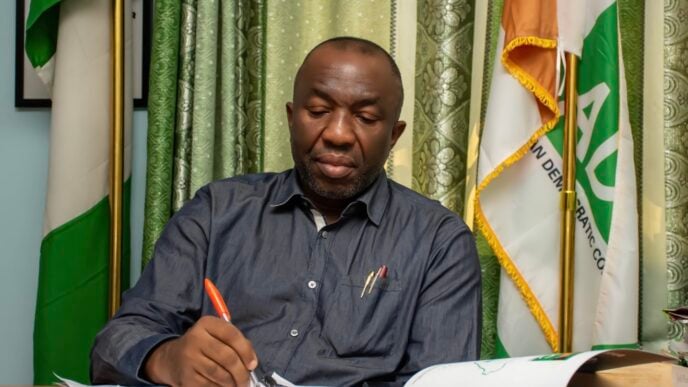Benjamin Kalu, deputy speaker of the house of representatives, has withdrawn the indigeneship bill before the lower legislative chamber.
The proposed bill was sponsored by the deputy speaker and six other lawmakers.
The proposed amendment intended to eliminate the restrictive and discrimination surrounding indigeneship.
THE BILL
Advertisement
The constitution alteration bill had sought to redefine and broaden the criteria for recognising an individual as an indigene of a state in Nigeria.
The amendment proposed to amend sections 31 and 318 of the 1999 constitution to promote inclusivity, social integration, and equal access to opportunities across state lines.
Under the proposed amendment, a Nigerian citizen will be considered an indigene of a state if they were either born in that state and have lived there continuously for at least ten years, or if they were not born there but have resided in a LGA within the state for a minimum of ten consecutive years and can show evidence of tax payment over that period.
Advertisement
The bill also proposed granting such qualified persons the right to apply to the local government chairman for a certificate of indigeneship, thereby formalising their status.
The amendment bill also proposed that any woman who has been married to an indigene of another state for at least five years shall be recognised as an indigene of her husband’s state.
She would also be entitled to all rights and privileges accorded to indigenes, particularly in areas such as employment, appointments, and eligibility for political or public office.
Such women, in the event of divorce or the death of a spouse, shall remain an indigene of the state if she had children from the marriage—or even if she did not—or if she chooses to retain her indigene status.
Advertisement
THE WITHDRAWAL
In a statement on Tuesday, Kalu said “concerns and constructive feedback” received from various stakeholders necessitated the withdrawal of the bill.
Kalu, who chairs the house committee on constitution review, said every legislative proposal should reflect the aspirations of the people.
“The constitution Review process remains an open, inclusive, and participatory exercise, and no provision or proposal will be pursued without adequate dialogue and consensus-building,” he said.
Advertisement
The deputy speaker also cited a report by the National Institute for Legislative and Democratic Studies (NILDS) criticising the bill, arguing that it could lead to multiple citizenship.
He said the institute advised state houses of assembly to enact laws ensuring that settlers in different states enjoy the same rights and privileges as indigenes.
Advertisement
“States should make laws that would allow settlers to benefit from the same rights and privileges enjoyed by indigenes without any form of discrimination as rightly provided for in the constitution,” he quoted the institute as saying.
“Though the bill seeks to achieve some commendable objectives, this can be achieved through the enactment of a law. If this bill is passed, it would pose challenges over time, especially on the issue of double or multiple indigenship.”
Advertisement













